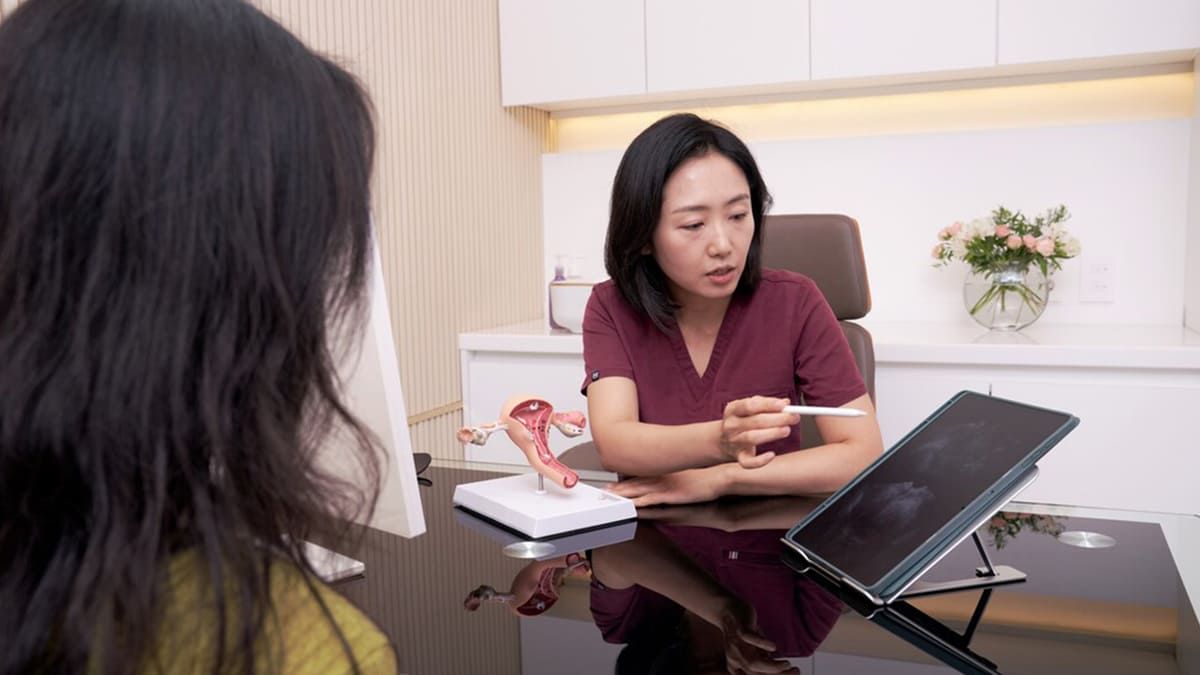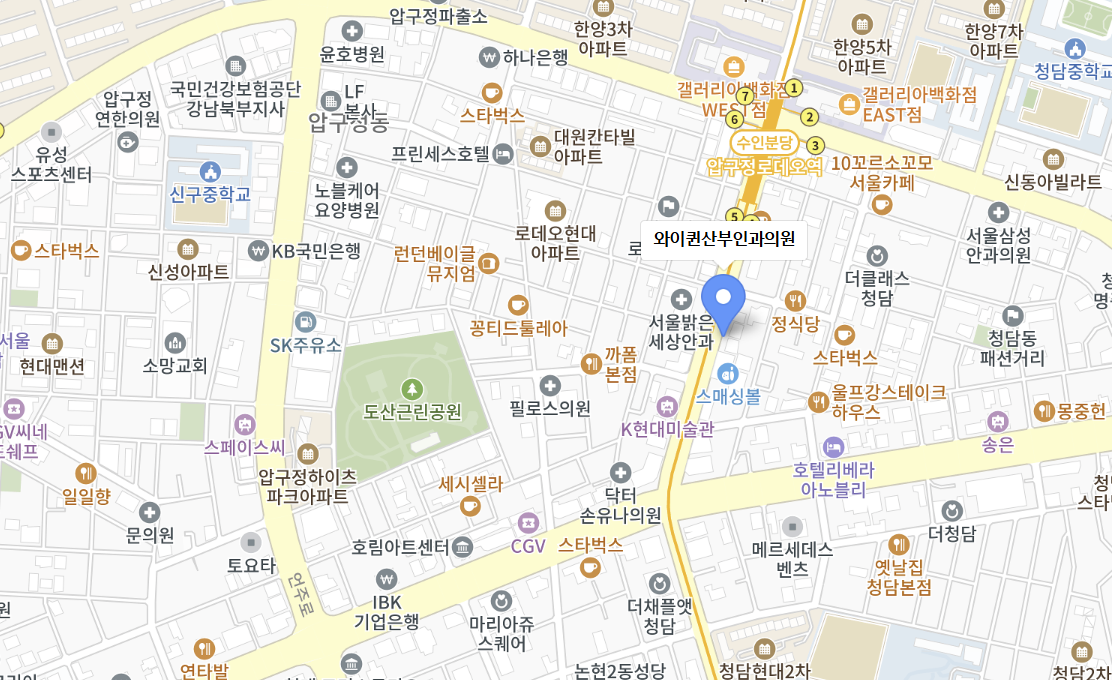Menstrual Pain in Korea
Menstrual Pain in Korea – Seoul | Affordable Prices, Best Care
Menstrual pain is common, ranging from mild to debilitating. In Korea—especially Seoul—access to effective diagnosis, management, and compassionate care is readily available, significantly improving quality of life.
Why Menstrual Pain Management Matters
Effective management helps:
- Alleviate Discomfort: Reduces cramping, back pain, headaches.
- Improve Daily Function: Allows participation in work, school, and social activities.
- Diagnose Underlying Conditions: Identifies causes like endometriosis or fibroids.
- Enhance Quality of Life: Provides relief and proactive health management.
What is Menstrual Pain?
- Primary Dysmenorrhea: Common pain not due to other diseases, caused by uterine contractions.
- Secondary Dysmenorrhea: Pain caused by reproductive disorders like endometriosis, adenomyosis, fibroids, PID, or cervical stenosis.
- Symptoms: Lower abdominal cramps/throbbing, back/thigh pain, nausea, fatigue, headaches.
- Diagnosis: Medical history, physical exam, pelvic ultrasound, sometimes blood tests.
Where to Get Diagnosed & Treated in Seoul
Seoul offers numerous clinics and hospitals:
- OB/GYN Clinics: Primary locations with specialists in women's health.
- Large University Hospitals: For complex cases or chronic conditions requiring surgical intervention.
- Pain Management Clinics: For severe or chronic pelvic pain.
- International Clinics in Gangnam & Itaewon: English-speaking staff, catering to expats.
Cost Breakdown
Costs are generally affordable, even without national health insurance.
- Initial Consultation & Pelvic Ultrasound: ₩50,000 – ₩150,000 (approx. $37 – $110 USD).
- Blood Tests: ₩30,000 – ₩100,000 (approx. $22 – $75 USD).
- Medication (per month):
- NSAIDs: Very affordable.
- Oral Contraceptives: ₩10,000 – ₩30,000 (approx. $7 – $22 USD).
- Other Hormonal/Specific Meds: Varies.
- Surgical Procedures (for underlying causes): ₩2,000,000 – ₩7,000,000+ (approx. $1,500 – $5,200+ USD).
What to Expect During Diagnosis & Treatment
- Detailed History & Exam: Discussion of pain and cycle.
- Pelvic Ultrasound: Key diagnostic tool for structural issues.
- Treatment Plan: Individualized.
- Pain Relief: OTC or prescription NSAIDs.
- Hormonal Therapies: Birth control pills, injections, IUDs.
- Underlying Condition Treatment: Specific medical/surgical treatments.
- Lifestyle Modifications: Heat, exercise, stress reduction, diet.
- Alternative Therapies: Acupuncture, herbal medicine.
- Regular Monitoring: Follow-ups to track progress.
Prevention & Management Tips
- Pain Relief Timing: Take early.
- Heat Therapy: Apply to lower abdomen/back.
- Regular Exercise: Helps cramps.
- Balanced Diet: Focus on anti-inflammatory foods.
- Stress Management: Relaxation techniques.
- Consult a Doctor: Do not dismiss severe pain.
Menstrual pain diagnosis and treatment in Seoul are accessible, affordable, and professional, ensuring optimal well-being.
Pro Tip: Describe your pain comprehensively (intensity, location, type, duration) and menstrual cycle details to your doctor. Don't hesitate to ask about all treatment options.





